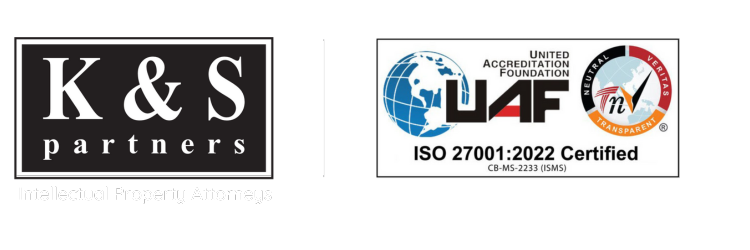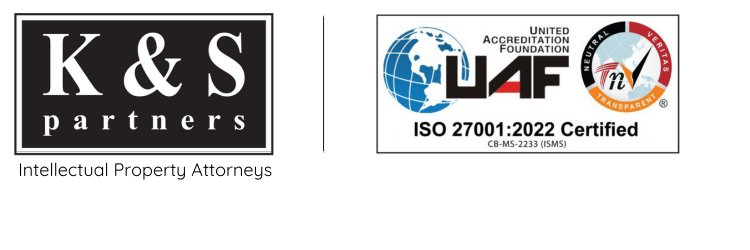The Ministry of Commerce and Industry announced the Draft Patents (2nd Amendment) Rules (draft Rules), 2024 on January 2, 2024.
The draft Rules propose to amend Section 120, 122, 123, and 124 of the Patents Act, 1970 (the Act), to implement the Jan Vishwas (Amendment of Provisions) Act, 2023, which decriminalized about 40 plus Indian legislations, including the Patents Act. Read our earlier update on this here.
Key Aspects of the draft Rules:
- Adjudication of Penalties: The draft rules establish a framework for the adjudication of penalties related to patent infringement, focusing on unauthorized patent claims (Section 120), failure to supply information (Section 122), and practices by non-registered patent agents (Section 123).
- Filing Complaints: The newly proposed Form 32 allows any person to file a complaint with the adjudicating officer against any violations of the above-listed provisions. The complaint must include a statement and supporting evidence. The adjudicating officer will assess the maintainability of the complaint, notify the alleged violator and provide them requisite time to file a reply statement along with Form 14.
- Hearing and Final Order: The adjudicating officer will conduct a hearing based on the complaint and the alleged violator’s response. If a violation or non-compliance of sections 120, 122 or 123, is confirmed, a final order will be passed within 3 months along with a suitable compensation as decided by the officer. The draft provides the factors to be considered by the adjudicating officer while adjudging the quantum of compensation.
- Appeals Process: Aggrieved parties can appeal against the adjudicating officer’s order under section 124A of the Jan Vishwas Act.
- Appeals Time period: Appeals can be filed with appellate authority within 60 days on Form 33, extendable by one additional month. The appeal should include grounds of appeal along with a copy of the order of the adjudicating officer.
- Procedure for Appeals: After registering the appeal, the appellate authority will notify the adjudicating officer, who must reply within 21 days. Both parties will present their arguments during the hearing, after which the appellate authority may confirm, modify, or annual the original decisions, or order a re-evaluation. Wherever possible, the proceedings should be concluded within six months.
- Enhancement of Penalties: If the appellate authority considers enhancing penalties, a reasonable opportunity for a fair hearing will be provided to the appellant.
- Ex-parte Hearings: In case of ex-parte hearing, the appellate authority may dispose the appeal. However, if the appellant provides a sufficient cause for their absence, the appellate authority may set aside ex-parte order; the appeal may be reinstated within one year.
- Costs and Timelines: Filings fees for Form 32 and 33 costs is proposed as INR 10,000 (~ USD 120) for individuals, startups, MSMEs, and educational institutions, and INR 15,000 (~ USD 180) for others. The adjudicating officer and Appellate Authority may adjourn hearings for reasons with sufficient cause and with the prescribed fee.
- Documentation: The order of adjudicating officer as well as Appellate Authority shall be in writing, reasoned, dated and signed.
Stakeholders have been invited to submit their suggestions or objections to these rules by February 2, 2024.
To share your suggestions and comments with us, if any on the Draft Rules, please reach out directly to your K&S Partners contact or write to us at [email protected] by January 31, 2024.

